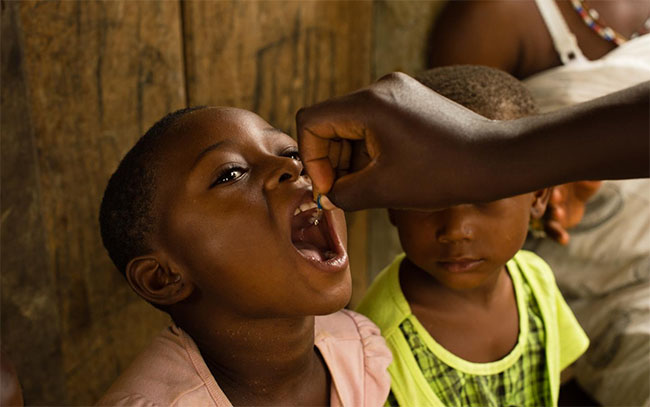The World Health Organization (WHO), UNICEF and Gavi, the Vaccine Alliance has initiated a new global strategy aimed at saving over 50 million lives particularly in low- and lower-middle income countries, through vaccination.
The launch of the Immunization Agenda 2030 (IA2030) by the partners will help maximize the lifesaving impact of vaccines through stronger immunization systems.
It has therefore targeted 90% coverage for essential vaccines given in childhood and adolescence by 2030, halve the number of children completely missing out on vaccines, and complete 500 national or sub-national introductions of new or under-utilized vaccines – such as those for Covid-19, rotavirus, or human papillomavirus (HPV).
WHO’s Director-General, Dr Tedros Adhanom Ghebreyesus, said, “Vaccines will help us end the COVID-19 pandemic but only if we ensure fair access for all countries, and build strong systems to deliver them,”
He said a WHO survey found that, despite progress when compared to the situation in 2020, more than one third of respondent countries (37%) still report experiencing disruptions to their routine immunization services because of Covid-19.
“And if we’re to avoid multiple outbreaks of life-threatening diseases like measles, yellow fever and diphtheria, we must ensure routine vaccination services are protected in every country in the world,” he added.
UNICEF Executive Director, Henrietta Fore, noted that even before the pandemic, there were worrying signs of losing ground in the fight against preventable child illness, with 20 million children already missing out on critical vaccinations.
“The pandemic has made a bad situation worse, causing millions more children to go unimmunized. Now that vaccines are at the forefront of everyone’s minds, we must sustain this energy to help every child catch up on their measles, polio and other vaccines. We have no time to waste. Lost ground means lost lives,” she stated.
Gavi, the Vaccine Alliance, CEO, Dr Seth Berkley also noted that millions of children across the world are likely to miss out on basic vaccines as the current pandemic threatens to unravel two decades of progress in routine immunization.
“To support the recovery from COVID-19 and to fight future pandemics, we will need to ensure routine immunization is prioritized as we also focus on reaching children who do not receive any routine vaccines, or zero-dose children. To do this, we need to work together – across development agencies, governments and civil society – to ensure that no child is left behind,” he said.
The partners also called for world leaders and the global health and development community to make explicit commitments to IA2030 and invest in stronger immunization systems, with tailored approaches for fragile and conflict-affected countries.
“Immunization is a vital element of an effective health care system, central to pandemic preparedness and response, and key to preventing the burden of multiple epidemics as societies reopen,” the said.
By Jamila Akweley Okertchiri

